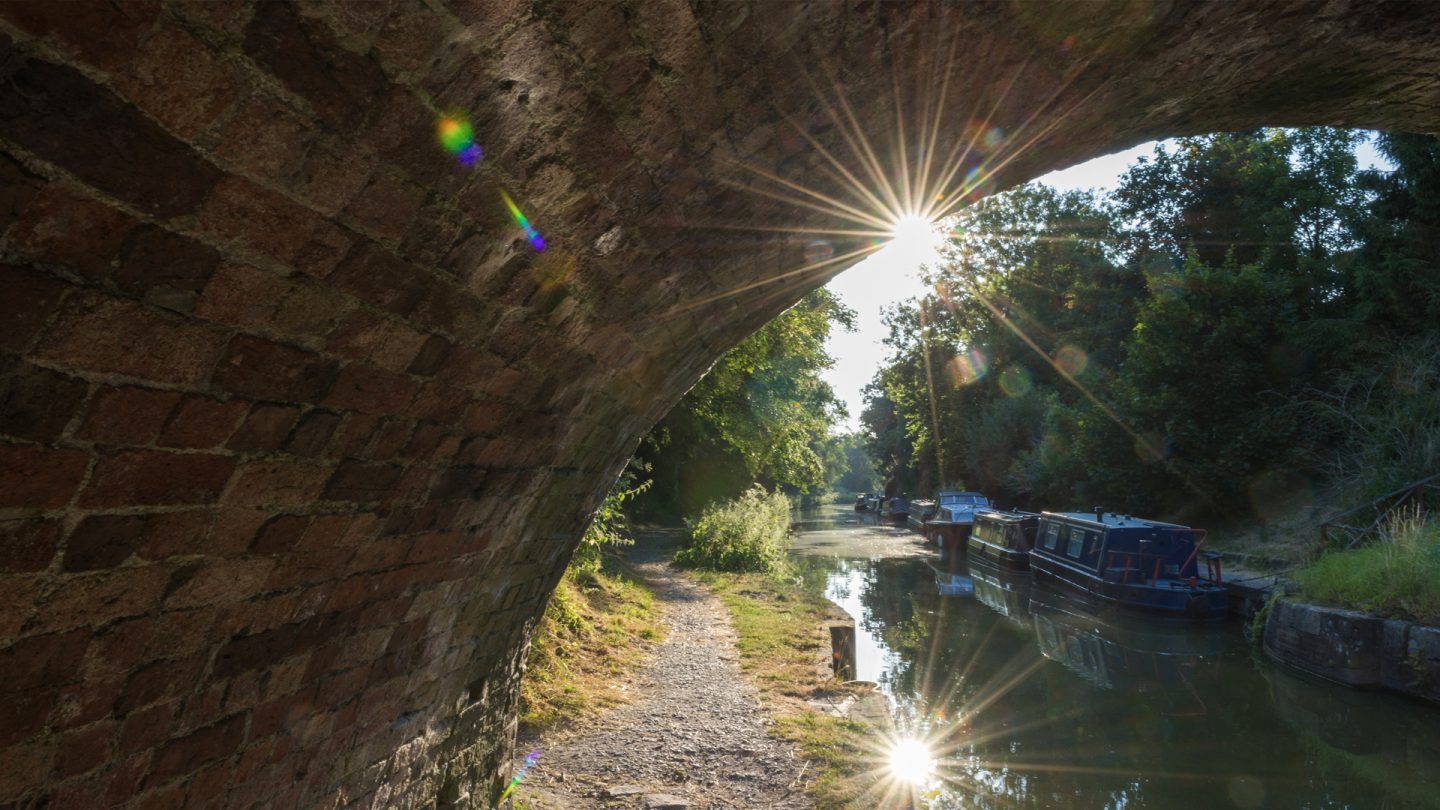
Death in Care Home Inquests
Put your trust in Clifford Johnston & Co.
- Expert Death in Care Home Inquest Lawyers
- Lexcel & Law Society Accredited Firm
- Providing Robust & Proactive Legal Defence
- Contact our Specialist Solicitors
Inquest Following a Death in a Care Home
Losing a loved one in a care home is an incredibly emotional experience. When the circumstance of their death is unclear or unexpected, families often seek answers.
In some cases, an inquest may be required to establish the facts surrounding a death in a care home.
The coroner has a duty to investigate a death where:
- The cause of death is unknown.
- The death occurred in custody or state detention.
- The death is violent, including self-harm.
- There is reasonable cause to suspect that the death is unnatural.
Conducted by a coroner, an inquest is a fact-finding inquiry to establish who has died, where they died, when they died and most importantly how they died. The latter question will involve the coroner examining the circumstances surrounding the death. An inquest does not assign blame and, usually, the coroner’s conclusion will not name any individual or organisation as being negligent and/or criminally at fault for the death.
At Clifford Johnston & Co., we understand the challenges faced by families and care home professionals during this process. Our experienced inquest solicitors provide expert guidance and compassionate support, ensuring your concerns are addressed and your rights are protected every step of the way.
Why Are Inquests Held for Care Home Deaths?
Inquests are often held when there are concerns about the care provided or the circumstances leading to a death in a care home. Coroners may examine the medical treatment given to a resident, their care plans, and the actions of staff for example, during an emergency.
These investigations play a vital role in maintaining care standards while respecting the dedication of care home workers. By uncovering the facts, inquests help address systemic issues and promote safer practices for residents.
What Are My Rights During an Inquest?
Under the Coroners and Justice Act 2009, families and interested persons involved in an inquest are entitled to:
- be notified of the inquest dates, location and a copy of the evidence.
- question witnesses and submit evidence, either in person or via a legal representative.
- address the coroner on points of law.
At Clifford Johnston & Co., we will ensure that you understand and exercise these rights fully and provide the necessary support and representation throughout the inquest.
Common Issues Investigated in Care Home Inquests
Inquests into care home deaths focus on key areas such as medical treatment, record-keeping, staff training, and adherence to care plans.
Medical Treatment and Emergency Response
Coroners will examine and ascertain whether medical help was sought promptly and how staff managed emergencies such as falls or sudden illnesses. Delays or inadequate responses can highlight areas for improvement in protocols or training.
Record Keeping and Communication
Accurate records and effective communication are critical for ensuring consistent care. Coroners often review care plans, daily observations, and incident reports to ascertain whether the care provided met the required standards. Poor documentation and/ or communication failures can raise concerns about systemic issues.
Staff Training and Resources
Training and resources are often scrutinised to determine whether staff were equipped to meet the need of residents. Coroners will consider whether staffing levels were sufficient and whether staff were appropriately training in areas such as first aid and emergency procedures.
Care Plans and Dietary Needs
Care plans are essential for addressing residents’ specific medical and dietary needs. During an inquest, coroners may investigate whether these plans were followed correctly, particularly in cases involving choking or malnutrition.
The Inquest Process Following a Death in a Care Home
Consultation with an Inquest Lawyer
Your solicitor will discuss the circumstances of the death, address your concerns, and outline the process. They will also advise on funding options, such as Legal Aid and/or private representation, ensuring you have the right support.
Contacting the Coroner and Interested Persons
Your solicitor will liaise with the coroner to request key evidence, such as medical records, and post-mortem reports. They will also liaise with other Interested Persons and deal with any legal issues that may arise.
Preparation of Witness Statements and Pen Portraits
Families and care home staff are usually asked to provide a witness statement to the coroner detailing their knowledge of the deceased’s care and events leading to their death. A pen portrait can also be created to provide a personal insight into the deceased’s life and personality, giving the court a fuller understanding of the individual.
Pre-Inquest Preparation and Review
Before the hearing, the coroner may hold a Pre-Inquest Review (PIR) to determine the scope of the investigation. Your solicitor will ensure that all the evidence is reviewed and that additional witnesses and/or documentation are identified.
The Inquest Hearing
During the hearing, the coroner examines evidence and hears from witnesses, including families, care home staff and medical professionals. Your solicitor will ensure that the process is thorough and that your concerns are fully addressed.
The Outcome of a Care Home Inquest
At the end of the inquest, the coroner will make findings of fact and deliver his/her conclusions which will then be added to the death certificate. Conclusions can include natural causes, accidents, misadventure, and/or neglect. In some cases, a ‘Preventing Future Deaths Report’ may be issued, recommending measures to improve care standards and prevent future deaths.
While an inquest does not assign blame, it provides vital information for families seeking clarity and for care homes aiming to improve practices. Clifford Johnston & Co. can guide you on the next steps, ensuring you feel supported and informed throughout.
How Can We Help with a Death in a Care Home Case?
Inquests into deaths in care homes can be emotional and complex. At Clifford Johnston & Co., we provide expert guidance and representation at every stage of the process. Our services include:
- Requesting evidence, such as medical records and care plans, from the coroner.
- Assisting families in preparing witness statements and pen portraits.
- Supporting care home staff in preparing for and participating in the inquest.
- Representing your interests to ensure all issues are explored fairly.
Whether you are a family member seeking answers or a care home professional protecting your reputation, we are here to provide clarity and support.
Contact Us
If you are involved in an inquest concerning a death in a care home, contact Clifford Johnston & Co. today. Our specialist solicitors in Stockport & Manchester provide expert advice and compassionate support.
Let us help you during this difficult time.

Need some professional advice?
Do you have any issues that you are worried about? Contact our professional team for a free, no-obligation informal discussion, where we can discuss your particular requirements in greater detail.













